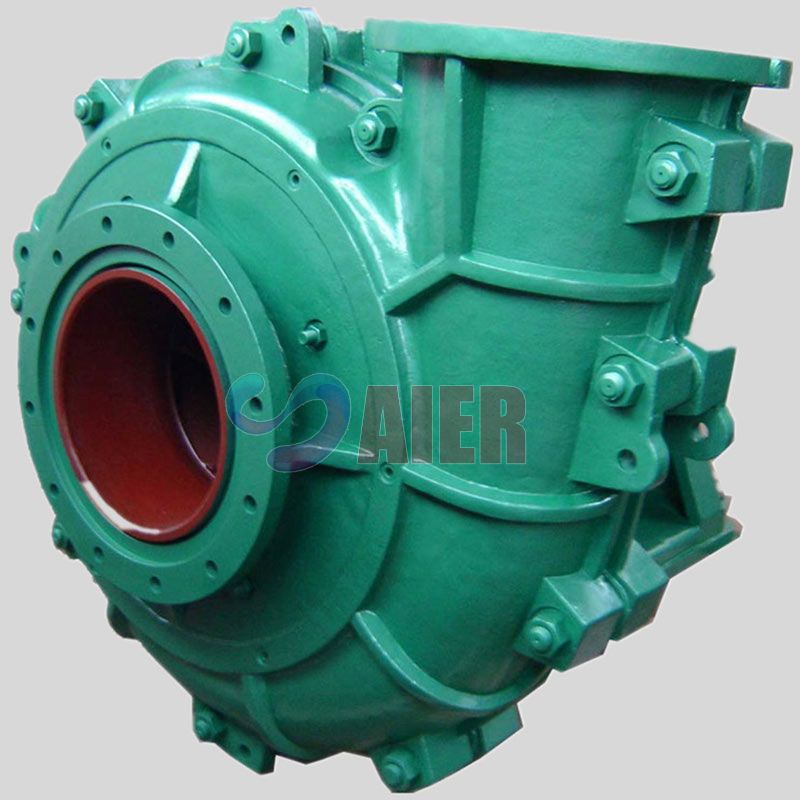Oct . 22, 2024 05:51 Back to list
Supplier of High-Quality Slurry Pump Impellers for Efficient Fluid Handling Solutions
Understanding High-Quality Slurry Pump Impeller Types and Their Suppliers
When it comes to handling abrasive and viscous materials in various industrial applications, slurry pumps play an essential role. These pumps are designed to transport slurries, which are mixtures of liquid and solid particles. The efficiency and reliability of a slurry pump largely depend on its components, and one of the most critical parts is the impeller. This article delves into the various types of impellers used in high-quality slurry pumps and highlights the importance of choosing a reputable supplier.
Importance of Slurry Pumps
Slurry pumps are vital in industries such as mining, metallurgy, construction, and wastewater treatment, where they handle materials like ore, sludge, and other abrasive substances. The design of a slurry pump must accommodate the specific characteristics of the slurry being pumped, including viscosity, density, and particle size. Therefore, selecting the right impeller type is crucial for maximizing operational efficiency and minimizing wear and tear.
Types of Slurry Pump Impellers
1. Open Impellers Open impellers feature blades that are not enclosed by a shroud. This design allows for easy passage of large solids and provides higher efficiency in low-viscosity slurries. However, they may not be as effective in handling highly abrasive materials due to increased wear on the blades.
2. Closed Impellers Closed impellers consist of blades that are enclosed on both sides. This design enhances pump efficiency and is suitable for high-pressure applications. Closed impellers are typically more durable and can handle more abrasive slurries than open impellers, making them a popular choice in heavy-duty applications.
3. Semi-Open Impellers Combining features of both open and closed impellers, semi-open impellers have limited shrouding. They offer a balance between efficiency and the ability to handle solids, making them versatile for a variety of slurry types.
4. Vortex Impellers Designed specifically for handling highly viscous and fibrous slurries, vortex impellers create a vortex flow. This minimizes the risk of clogging and allows for the transport of larger particles without damage to the pump components.
5. Cantilevered Impellers Used in specific applications, cantilevered impellers are designed to minimize wear and improve performance under continuous-duty conditions. They are often used in applications where the slurry contains large solids or requires high flow rates.
high quality slurry pump impeller type supplier

Choosing the Right Supplier
The quality of the impeller is critical to the overall performance of slurry pumps. Therefore, selecting a reliable supplier is essential. Here are some factors to consider when looking for a supplier of high-quality slurry pump impellers
1. Experience and Expertise A supplier with extensive experience in the industry will understand the unique needs and challenges of various applications. Look for suppliers that specialize in slurry pumps and have a proven track record.
2. Quality Standards Ensure that the supplier adheres to strict quality control standards. This could include certifications such as ISO, which guarantees that the products meet specific quality and safety standards.
3. Material Selection High-quality impellers are made from durable materials that can withstand wear and corrosion. Suppliers should offer a range of materials, including high chrome alloys and rubber-lined options, based on the specific needs of the application.
4. Customization Options Every application is unique, and the ability to provide customized impellers can significantly enhance performance. A good supplier should be capable of designing impellers tailored to your specific requirements.
5. After-Sales Support A reputable supplier will offer excellent after-sales service, including technical support and maintenance assistance. This is crucial for ensuring the longevity and efficiency of the slurry pump.
Conclusion
In summary, the selection of the right impeller type for a slurry pump is critical for optimizing operational efficiency and reducing maintenance costs. By understanding the various types of impellers and partnering with a reliable supplier, industries can ensure they select the best equipment for their specific applications. Investing in high-quality slurry pump components will lead to enhanced performance, reduced downtime, and increased productivity in the long run.
-
High Quality Slurry Pump Seals Reliable China Suppliers & Manufacturers
NewsJun.24,2025
-
High Quality Portable Submersible Slurry Pump Supplier & Manufacturer from China
NewsJun.10,2025
-
Slurry Pump Parts Manufacturer – High Quality Rubber Spare Parts from China
NewsJun.10,2025
-
High Quality 1/3 HP Submersible Sump Pump with Vertical - Reliable Supplier & Factory Price
NewsJun.10,2025
-
High-Efficiency Centrifugal Slurry Pumps India
NewsJun.10,2025
-
High Quality Warman Centrifugal Slurry Pump Suppliers & Factory
NewsJun.10,2025
